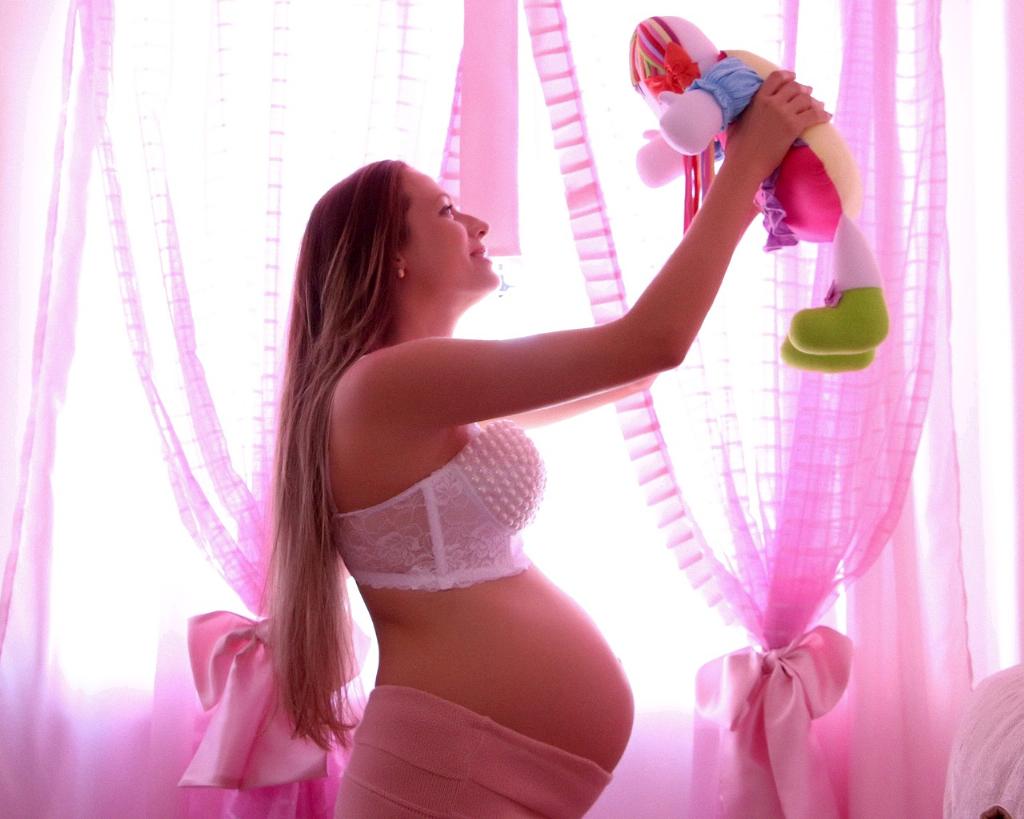When it comes to the survival of a Cesarean scar pregnancy, the situation can be quite complex and challenging. Cesarean scar pregnancies are considered high-risk pregnancies due to their potential to lead to severe complications. These include uterine rupture, massive hemorrhage, and even maternal death. Therefore, the prognosis for a Cesarean scar pregnancy surviving primarily depends on the timing of diagnosis and appropriate management.
Early Detection is Key
Early detection plays a pivotal role in determining the survival of a Cesarean scar pregnancy. Due to the risk of complications associated with this type of ectopic pregnancy, prompt diagnosis is crucial. It allows healthcare providers to intervene in a timely manner and implement appropriate treatment to ensure the best possible outcome for both the mother and the fetus.
Importance of Accurate Diagnosis
Accurate diagnosis of a Cesarean scar pregnancy is essential for determining the appropriate course of action. Differentiating it from other types of ectopic pregnancies or miscarriages is vital in providing targeted treatment and improving the chances of survival. Misdiagnosis can lead to delayed intervention and increased risks for the mother.
Individualized Treatment Approaches
Survival rates for Cesarean scar pregnancies can vary based on individual factors such as the gestational age at diagnosis, the presence of symptoms, and the overall health of the mother. Tailored treatment plans that consider these factors are critical in optimizing outcomes and increasing the likelihood of survival for both the mother and the pregnancy.
Medical Management Options
Medical management of Cesarean scar pregnancies may be possible in some cases, especially when diagnosed early and with careful monitoring. Utilizing medications or minimally invasive procedures under close medical supervision can be effective in managing the condition and facilitating survival.
Surgical Intervention
In certain instances where Cesarean scar pregnancies pose a high risk to the mother’s health, surgical intervention may be necessary to address the situation promptly. Surgical procedures aimed at removing the ectopic pregnancy from the scar site can be crucial in ensuring the survival of the mother and preventing life-threatening complications.
Potential Risks and Complications
Despite advances in medical technology and treatment options, Cesarean scar pregnancies continue to present risks and potential complications that can impact survival rates. These include the risk of uterine rupture, hemorrhage, infection, and the need for emergency interventions. Close monitoring and vigilant care are essential in mitigating these risks.
Post-Treatment Monitoring
After undergoing treatment for a Cesarean scar pregnancy, regular follow-up appointments and monitoring are crucial to assess the mother’s recovery and ensure the absence of any residual complications. Continued medical supervision is necessary to address any potential issues promptly and support the mother’s overall well-being.
Emotional Support and Counseling
Dealing with a Cesarean scar pregnancy and its potential consequences can be emotionally challenging for expectant mothers. Providing emotional support, counseling, and access to mental health resources are essential in helping women cope with the stress and anxiety associated with such high-risk pregnancies.
Hope and Optimism
While the prognosis for Cesarean scar pregnancies surviving may be daunting, it is crucial to approach the situation with hope and optimism. Advances in medical science and a multidisciplinary approach to care offer opportunities for improved outcomes and increased survival rates for women facing this high-risk condition.
Conclusion
In conclusion, the survival of a Cesarean scar pregnancy hinges on early detection, accurate diagnosis, individualized treatment approaches, and close monitoring post-treatment. By addressing potential risks and complications promptly, providing comprehensive care, and fostering emotional support, healthcare providers can enhance the chances of survival for both the mother and the pregnancy.

